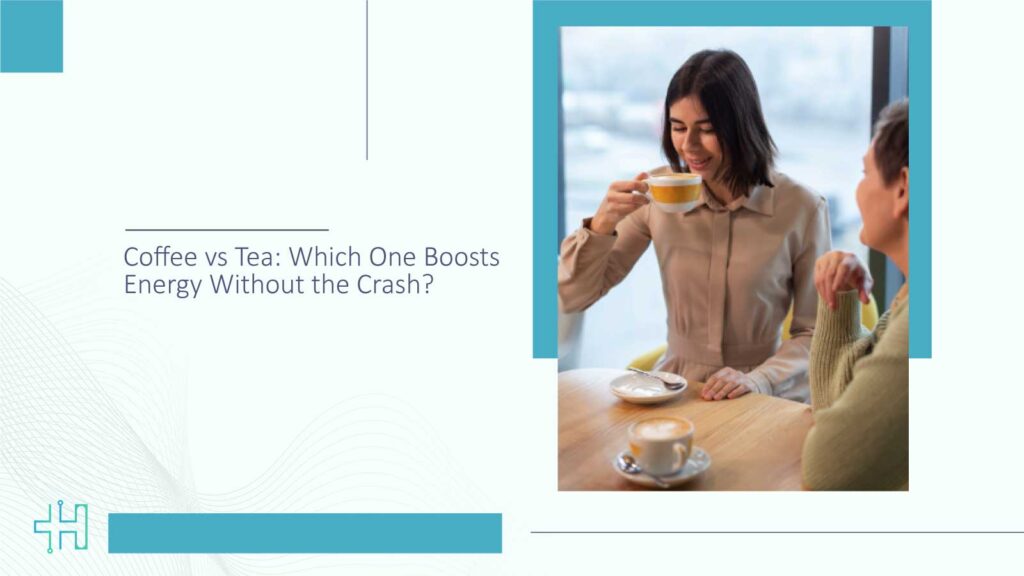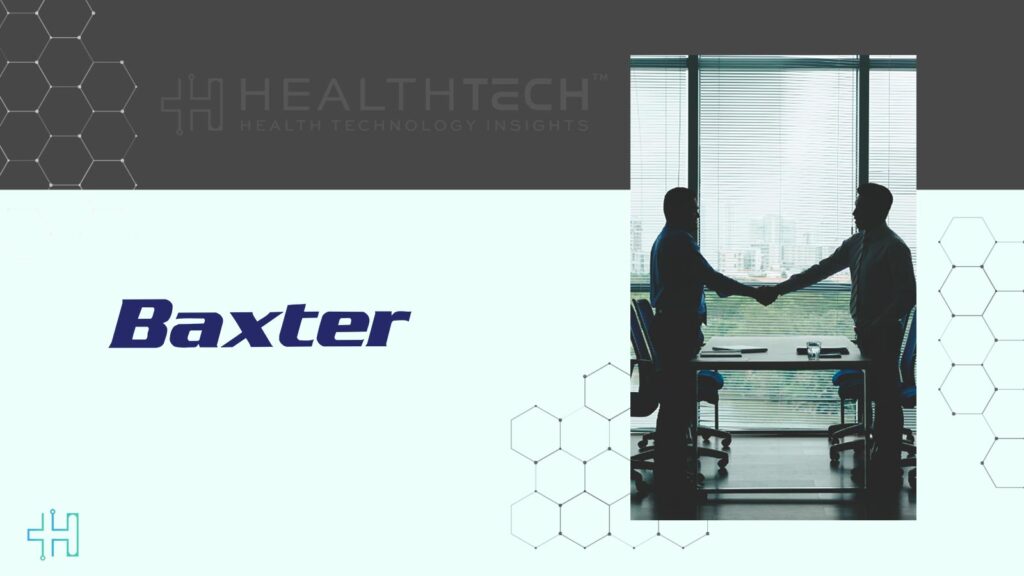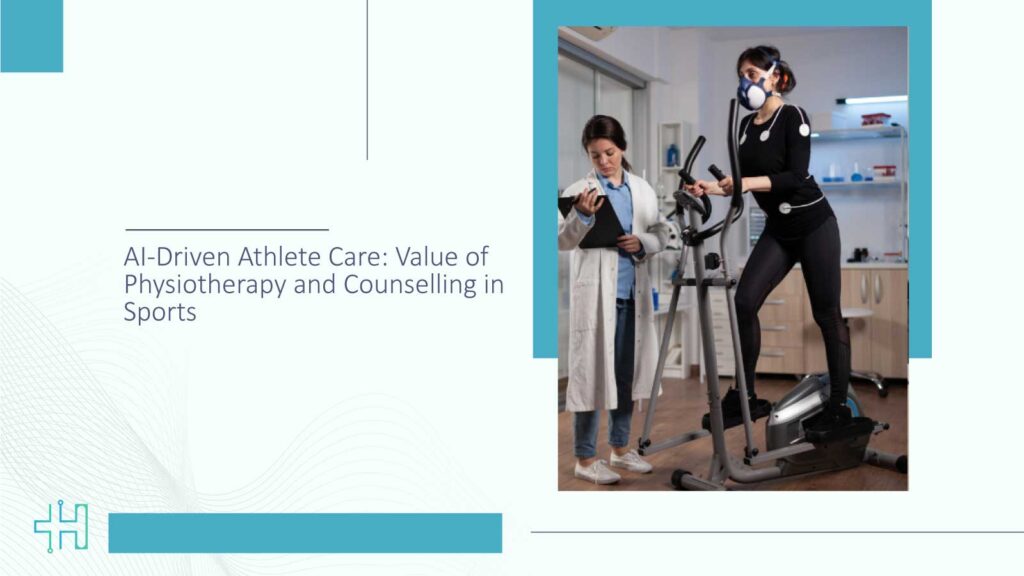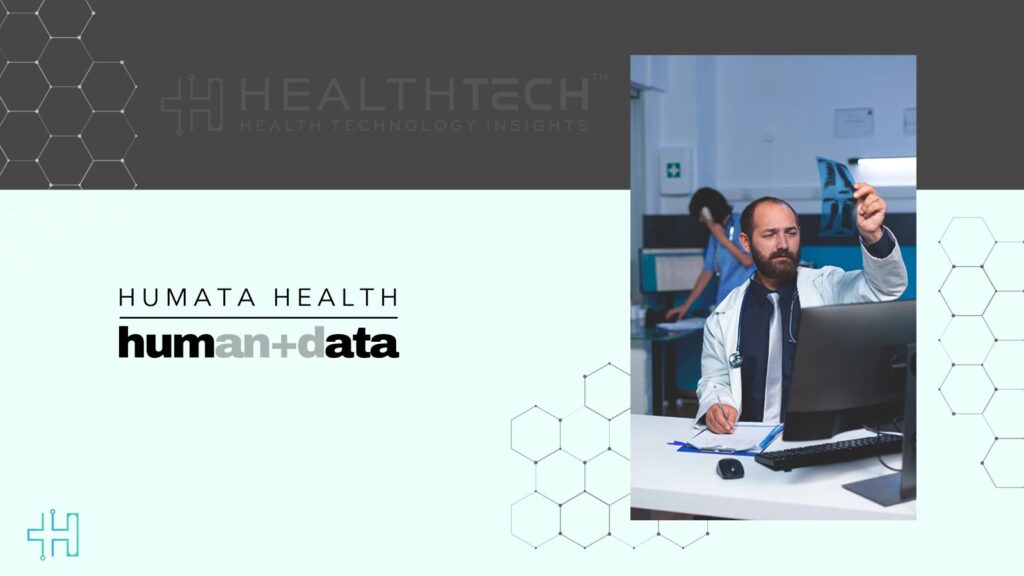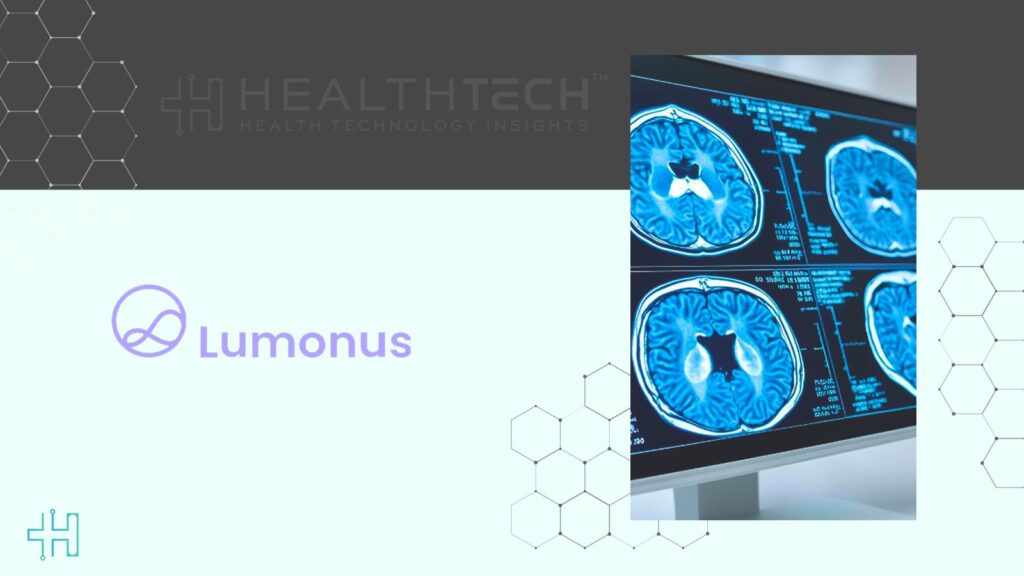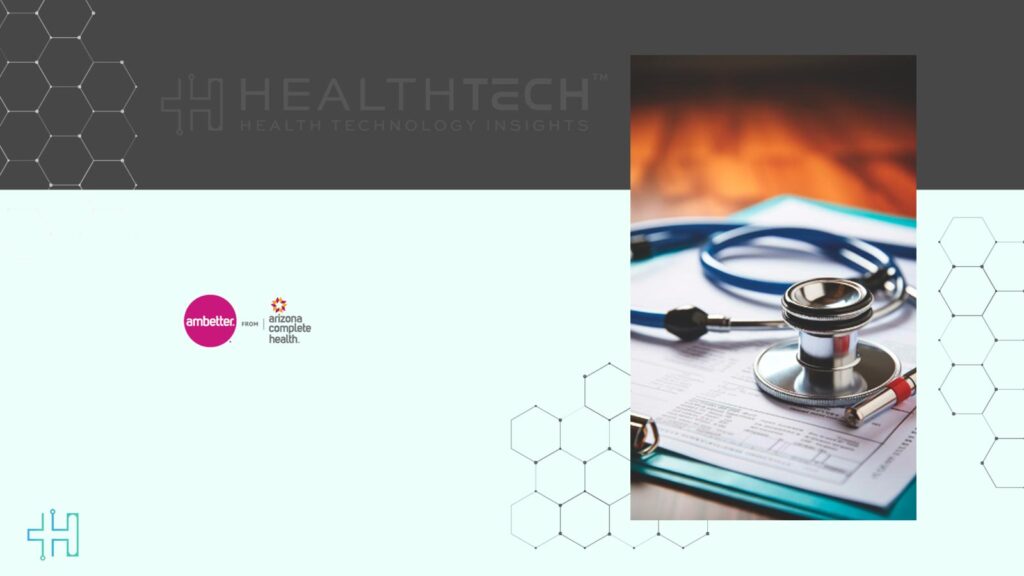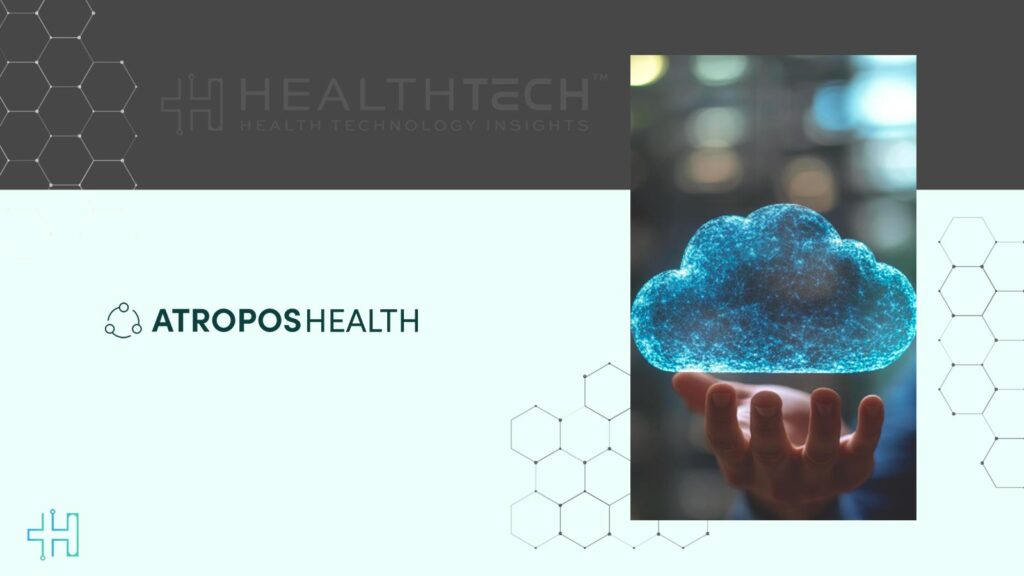If you’ve ever reached for a mug first thing in the morning and wondered, “Is it better to pick coffee or tea for energy?”, you’re not alone. In the fast-moving world of health technology, where CIOs and CISOs juggle streaming data, compliance demands, and digital transformation at breakneck pace, the humble beverage you choose can make a difference.
This article will unveil the science behind coffee vs tea, how each impacts energy and alertness, and what it means for healthtech industry leaders, busy professionals, and tech-enthusiasts alike.
Understanding energy from beverages
The role of caffeine and the science behind it
Both coffee and tea contain caffeine, the underlying stimulant that helps elevate alertness. According to Harvard Health, an 8-ounce cup of regular coffee typically has 80–100 mg of caffeine. By contrast, brewed tea (depending on type) may deliver 40–70 mg.
Caffeine works primarily by blocking adenosine, a neurotransmitter that promotes sleepiness, and by increasing dopamine in certain brain regions, which enhances focus. The way the body receives and processes caffeine matters.
In tea, a compound called L-theanine often co-exists with caffeine. That combination has been shown to support “calm alertness” rather than the sharper spike that coffee may trigger.
What does “without the crash” really mean?
When we talk about avoiding a “crash”, we mean preventing the post-stimulant slump: that moment when alertness fades, fatigue returns, or you reach for another dose. For professionals who must stay sharp, such as healthtech executives or digital innovation leads, a crash can cost focus, clarity, and effectiveness. It’s about sustainable energy, not just an immediate spike.
Coffee vs Tea: How they compare in real-world performance
Coffee – The quick jolt
When you need a fast boost, say, before a high-stakes call or a product launch review, coffee often wins. Studies show coffee provides an almost immediate lift in alertness and concentration, thanks to its higher caffeine content and faster absorption.
That said, this rapid boost comes with considerations: jitteriness, disrupted sleep, and a higher cortisol response (the body’s stress hormone) have been linked to higher caffeinated coffee consumption.
If you rely on coffee to get through intense deadlines, it may be effective, but you’ll want to monitor downstream effects.
Tea – The steady performer
If your job demands sustained focus over extended periods (for instance, overseeing health data analytics, cybersecurity reviews, or remote team strategy), tea may offer smoother energy delivery.
Research suggests the L-theanine-caffeine combination found in many teas supports attention and sharper mental clarity with less of the “spike and crash” effect.
While tea contains less caffeine, its slower absorption and calming partner compound mean fewer abrupt shifts. Anecdotally, many tech professionals prefer tea in the afternoon, when coffee might interrupt sleep cycles but the brain still needs to perform.
Evidence-based insights for decision-makers
Health outcomes beyond energy
Beyond immediate alertness, both beverages show promising links to long-term health outcomes, a pertinent consideration given the wellness-tech shift in enterprise health strategies.
Among individuals with diabetes, the highest levels of coffee consumption are correlated with an 18% lower risk of all-cause mortality; the highest tea consumption showed a 15% lower risk.
The implication for organisations investing in employee wellbeing: beverage choice can align with preventive health strategies.
Which one is more crash-prone?
If we consider “crash” risk as a function of abrupt drops in alertness, sudden cortisol/spike responses, or sleep disruption, then coffee tends to carry more risk. The cortisol review found coffee elevated cortisol levels by 50% above baseline, whereas tea’s increase was around 20%.
For busy professionals, that means if coffee is consumed late or in large amounts, the downstream slump, anxiety, or sleep interference becomes more visible. Tea, by comparison, appears gentler.
Practical guidance for your routine
When to reach for coffee
- Early morning, when you face a tight deadline or a leadership meeting.
- When you’re confident that your evening schedule allows sufficient wind-down time.
- If you need maximum cognitive disruption (e.g., waking from travel, time-zone change).
When tea might be better
- Afternoon or early evening, when sleep quality matters.
- For sustained performance rather than short bursts of focus.
- When you manage complex, distributed healthtech systems and need stable clarity, not spikes.
How to optimise for minimal crashes
- Observe your personal caffeine sensitivity; there’s no one-size-fits-all.
- Stay within safe caffeine bounds. Harvard Health cites up to 400 mg/day as the general upper limit for healthy adults.
- Avoid sugar-laden add-ins that convert a healthy beverage into a quick crash trigger.
- Consider consumption timing: caffeine 6-8 hours before planned sleep may impair sleep latency.
- Experiment: In your role, run a one-week trial of coffee vs tea and note alertness, mood, sleep, and sustained focus.
Industry and organisational takeaways
For healthtech leaders, the “coffee vs tea” decision isn’t trivial. Beverage choice influences workforce focus, system uptime, creative problem solving, and well-being. If you’re implementing a wellness initiative, consider including beverage education: highlight options, timing, and what each drink delivers.
In remote and hybrid work models, micro-protocols (e.g., tea breaks) help anchor energy management and cognitive resilience. For tech vendors and health systems integrating wellness-app data, tracking beverage patterns could become a novel metric of workplace wellness and performance.
Conclusion
In the coffee vs tea debate, there’s no outright winner. It’s about understanding what you need: surge vs endurance, fast vs steady, short-term vs sustained. For high-octane days and urgent workflows, coffee delivers.
For long-duration cognitive performance, tea offers a compelling alternative. As healthtech professionals and decision-makers, you’re in the business of optimisation. Why not apply the same lens to your beverage choices? Next time you pause for a drink, ask yourself: “Do I need a jolt or a steady hum?” Then pick accordingly.
FAQs
1. Which drink gives a stronger immediate boost: coffee or tea?
Coffee typically gives a stronger immediate boost due to higher caffeine content and faster absorption, whereas tea offers a gentler lift over time.
2. Can tea avoid the crash better than coffee?
Yes, tea’s combination of caffeine plus L-theanine supports alertness with less abrupt drop-off, making it less prone to the post-stimulant slump.
3. Does switching one for the other affect long-term health outcomes?
Both coffee and tea show links to positive outcomes (e.g., lower cardiovascular risk) when consumed moderately. The key is moderate intake and context.
4. What’s the best time to consume coffee vs tea in a busy professional routine?
Use coffee early in the day or when you face high-stakes deadlines. Use tea for sustained afternoon work or when sleep quality later matters.
5. Can I combine coffee and tea to optimise performance?
Yes, some professionals use coffee first for an initial boost and switch to tea later to maintain energy without steep drops. Monitor how your body responds and adjust accordingly.
Dive deeper into the future of healthcare.
Keep reading on Health Technology Insights.
To participate in our interviews, please write to our HealthTech Media Room at sudipto@intentamplify.com

